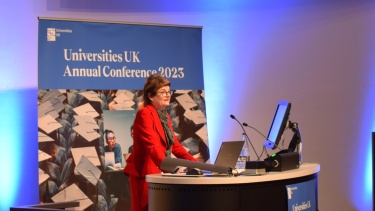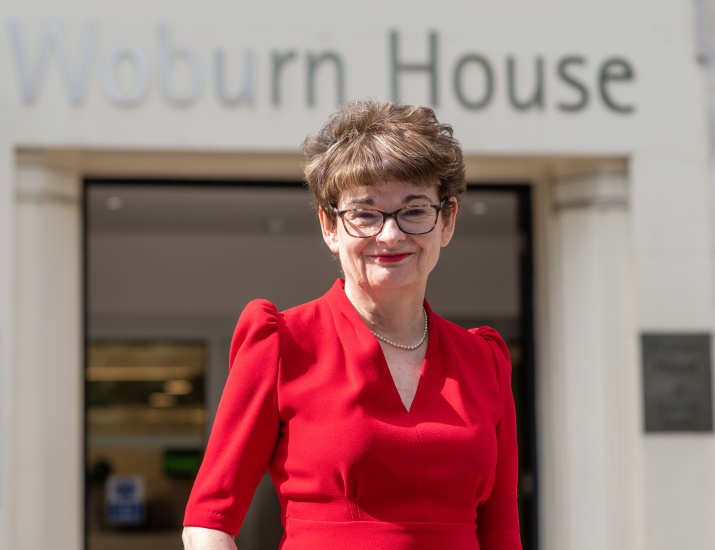Related
7 September 2023
Speech

7 September 2023
Speech
Stay up to date with our work
Our monthly updates are a great way for you to stay up to date with our work, events, and higher education news.
